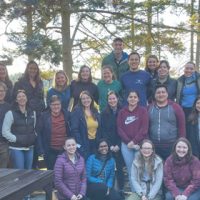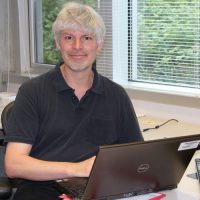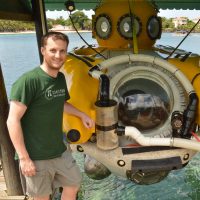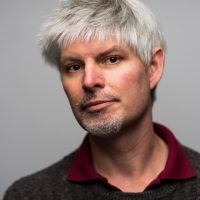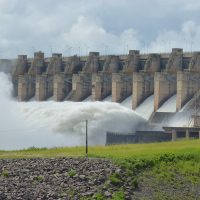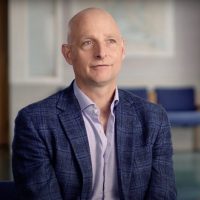Filter Results
SAFS Returns to Campus
The SAFS community shares thoughts on what it’s like to be back on campus after nearly 18 months of mostly remote instruction and administration.
Read moreAwards & Honors (Autumn 21 / Winter 22)
Each year, our students, faculty, and staff win regional, national, and international awards. Please join us in congratulating this year’s group of award winners!
Read moreAndré Punt Passing the Director’s Torch
After a decade of serving as director of SAFS, André Punt is stepping down to focus on his teaching and research. Over the past ten years, he has navigated the School through challenging times, such as the ongoing pandemic, as well as historic highs, like the Centennial Celebration in 2019. Please join us in thanking André for going above and beyond as SAFS Director.
Read moreDiversity, Equity, and Inclusion (DEI) Assessment at SAFS
After more than a year of research, planning, and advocacy by grad students, staff, and postdocs, SAFS completed its first-ever DEI Assessment (or “Equity Audit”) in autumn quarter 2021. SAFS contracted with WhitworthKee Consulting, who held focus groups and developed a survey instrument to assess the School’s climate and opportunities for growth.
Read moreIn Memoriam: Lynwood Stephen Smith
On July 30, 2021, Lynwood Smith, SAFS professor emeritus, passed away at the age of 92. During his time at the School of Fisheries and as member of the Fisheries Research Institute (FRI), Lynwood’s research focused on real-world issues and opportunities. His publications included contributions to fish physiology and the effects of environmental stress on fish.
Read moreTime-traveling parasites: Chelsea Wood wins NSF CAREER Award
SAFS Associate Professor Chelsea Wood is the recipient of a 2022 CAREER Award from the National Science Foundation (NSF). This prestigious award will support Wood’s novel research on the historical ecology of parasitism and will allow her to create an active-learning, open-access version of her undergraduate parasite ecology course.
Read moreA decade of deep-reef exploration in the Greater Caribbean
A new paper co-authored by researchers at the Smithsonian’s Tropical Research Institute (STRI) and National Museum of Natural History (NMNH), the University of Washington and the Universidad Nacional Autónoma de Honduras describes the important contribution of submersibles to increasing our knowledge about the diversity of deep-reef fishes in the Greater Caribbean.
Read moreSAFS Autumn 21 / Winter 22 Newsletter – Director’s Message
This will be my last “From the Director” letter as my 10-year tenure as SAFS director is drawing to a close. It has been an exciting, enjoyable, challenging, and at times exhausting decade. We have seen numerous transitions in the School’s faculty, staff, and students, resulting in major changes in research, teaching, advising, and administration.
Read moreAI model shows how Amazon dams can be made less environmentally damaging
Researchers, including SAFS Assistant Professor Gordon Holtgrieve, have developed a model using artificial intelligence to analyze the environmental impacts of 351 hydropower dam projects currently under evaluation in the Amazon Basin. The model aims to provide information that would help planners and policymakers optimize the capacity and location of new dams to minimize their negative impacts.
Read moreProviding Useful and Usable Science to Decision Makers: How the Lenfest Ocean Program Works
The Lenfest Ocean Program (LOP) funds research projects that address the needs of marine and coastal stakeholders and supports grantees who will engage with the people most likely to use the results. By pulling back the curtain on their processes, the LOP hopes they can help managers, stakeholders and others better understand the many ways in which the philanthropic community can help link useful science with decisions.
Read more